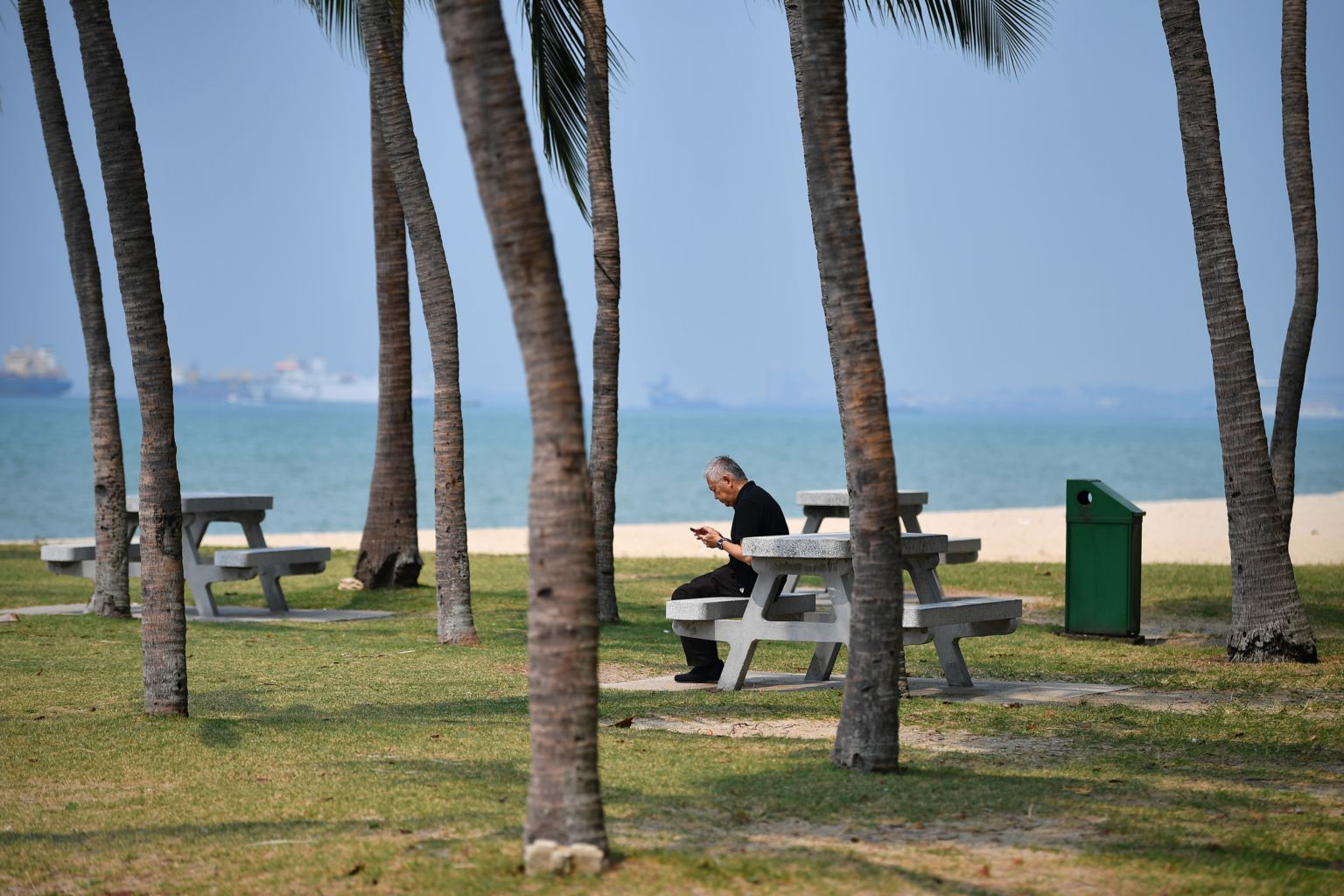Healthy For 100 roundtable
Living longer can also mean living well
Sign up now: Get ST's newsletters delivered to your inbox

ST PHOTO: LIM YAOHUI
Follow topic:
It should not be seen as a silver tsunami, but as silver dividends to be reaped.
This comment from Dr Amy Khor, Senior Minister of State for Health, sums up what the panellists at the Healthy For 100 forum earlier this month felt about the increasingly long lifespans here.
While living till 100 might be fantasy in some countries, it is rapidly becoming real for Singaporeans, whose life expectancy has gone up by three years every decade since independence in 1965.
If this trend continues unabated, life expectancy here will be hitting 100 by 2070. Singapore already has more than 1,300 centenarians.
What is the country going to do with all these elderly folk? Living longer sounds great, but does it also pose problems?
Looking at it rationally, there appears to be only positives.
Singapore has been struggling with low birth rates for a long time. As a result, the number of younger, working-age people has shrunk as a percentage of the population - not a good thing for the economy.
In recent years, the Government has been raising the spectre of a declining old-age support ratio. This is the number of 20-to 64-year-olds ( the working-age group) supporting those who are 65 years and older (the dependent group).
The ratio has fallen from a high of 13.5 in 1970 to just 4.8 last year. In other words, where there used to be 13.5 people working to support one elderly person then, there are now only 4.8 people working to support one retiree. Those poor younger people need to work much harder to garner wealth for themselves.
But between 1970 and today, life expectancy for Singaporeans has also increased by 15 years. This has major implications.
If we continue expecting people aged 20 to 64 to support those aged 65 and older, the burden does not just come from there being more people in the older group. They are also living longer, and hence need to be "supported" for more years.
In 1970, 65-year-olds could expect to live an average of 8.4 more years. Last year, they had an average of 21.1 years more to live.
Today, older folks need to be "supported" for 12.7 years more than they did in 1970. This is a truly daunting task.
So let us turn to the silver lining in Singapore's ageing population. The 15 years of added life are not all sick years. It is common to hear today that 60 is the new 40, which suggests that a 60-year-old now is as fit as a 40-year-old in years gone by. That may well be true, which also means they may not need support from the age of 65.
It was in recognition of this that the Government announced that the retirement and re-employment ages would be raised to 65 and 70 years.
This still lags behind the retirement ages in many developed countries with older populations. The retirement age in Norway, Israel and Italy is 67, while Japan has plans to raise it to 70, or even 75.
If one expects to live to 100 years or more, 65 and 70 years may still be too young to retire. Fortunately, there are already companies employing people who are much older.
The option to remain gainfully employed, so long as a person is able and willing to work, will help both the economy and those who need to finance their decades of retirement.
How will having people stay on their jobs for more years affect the career paths of younger cohorts? Will they be holding back the promotion of their younger colleagues?
Fortunately, real life is not a zero sum game where benefits for one group negate those for another. As Dr Khor rightly pointed out, companies will maximise the abilities of all their workers. So younger workers who do well will be given their due rewards.
Singapore has moved away from a salary structure based on age to one based on performance. So there should be little link between a person's age and the position he holds and the remuneration he gets.
This brings up another point: It is important to stay healthy in old age in order to continue working, or just be able to make the most out of life.
At age 65, men here can expect, on average, to suffer 4.5 years of poor health and women 5.8 years.
In contrast, in Sweden at the age of 65, men face 3.2 unhealthy years and women 4.8 such years. Their life expectancy is only slightly shorter than that for Singaporeans. Surely Singapore can also reduce the number of years people here spend in ill health.
Associate Professor Lim Wee Shiong, a senior geriatric consultant at Tan Tock Seng Hospital, said frailty and dementia are two sides of a coin. One is physical and the other mental, but both affect a person's ability to live independently.
The solution to both is fairly similar, he said, and includes eating healthily, exercising regularly and being socially engaged.
But to reduce the number of unhealthy years of life, people have to start young. This is something they have to commit to themselves. With any luck, this will result in Singaporeans not just living longer but, more importantly, living well too.
As someone who, in two days, will officially move from the group providing support to the one receiving support - yup, I turn 65 on Tuesday - I can say with conviction it is time to reassess the contributions the latter can make.

